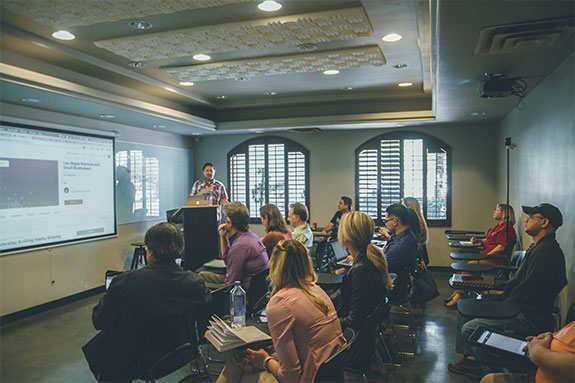The latest Student Voice Survey (by InsideHigherEd) results, where students were asked about how colleges support them during the stressful times that COVID has brought about, are worrying. More than 6 out of 10 students stated as having fair or poor mental health. Of those reported as having poor mental health, 63 percent assessed their college’s response to student mental health and wellness services as C or lower. Almost one-half of students surveyed said they could have used either some or a lot more support from their respective colleges and universities during this time. The number of students who availed of college-offered counselling during the past year was a disappointing 15 percent. When students were asked whom they relied on for emotional support during college through these times, friends, immediate and extended family came way ahead of campus health services and college personnel.
While these numbers are worrying, they are also a wake-up call to colleges and universities to ponder how they can step in and play a significant role in helping students cope with these trying times. Imagine the goodwill colleges and universities could have earned through such initiatives and gestures. That, in turn, has the potential to put such colleges as among the leading choices for both students looking to pursue learning programs and concerned parents trying to zero in on secure and caring educational institutions.
To support students during these difficult times, it is important for colleges to first recognize that the source of student stress is both psychological and sociological. The need to keep up with course-related learning and assessments in a scenario of social isolation is a double whammy that has deeply affected students around the world. The concerns of colleges are understandable. They worry that virtual learning will dilute rigor, diminish student interest and engagement, and has the potential to adversely affect assessment integrity. It is therefore important that a balance be achieved between providing students a learning experience that eases their stress while ensuring that rigor and integrity of learning outcomes are not compromised.
Here are 3 practices that colleges must quickly and carefully adapt to ensure students are provided with a learner-centric academic system that supports their learning progress by minimizing stress while also ensuring that the desired skill outcomes are met.
Learning Autonomy – Embedding learning autonomy into an academic design requires the teaching-learning process to be reconfigured to lean heavily towards student support so that they can learn by themselves with expert guidance. This transition initially may not be easy since current systems are heavily loaded in favor of ‘teaching’ and ‘being taught’. This practice still finds favor with the two key stakeholders involved and therefore will require first an effort focussed on changing mindsets before being rolled out in educational institutions.
Flexible Assessment – The idea here is to give more control and ownership to learners on the way they are assessed. Again, there will be required a change in mindsets to execute this model of assessment. Colleges and Universities will require to design and balance a set of assessments across courses, semesters, and programs that will enable students to apply the knowledge they have gained and demonstrate what they have understood, internalized, and can do with skills gained.
Virtual Community – Using the right technology tools and platforms, colleges can provide their learners with virtual learning communities as a collaborative opportunity to connect and learn in an engaging, productive, and positive manner. Such virtual communities provide students with a secure place to overcome the physical isolation they have been subject to and be part of connected communities where they can express, hear from, participate and lead group activities, albeit in a virtual manner.
It is time that colleges and universities respond to the requirements of their learning communities with reconfigured and rewired academic designs that put their learners in the center of everything they do. To make this leap, they will have to embrace technology and leverage its power to transform the teaching-learning process.
The article has been published in EducationWorld:
https://www.educationworld.in/how-to-transform-teaching-learning-to-benefit-students-during-covid/
Dr. Ray Titus
Pro Vice-Chancellor (Academics and Research)
Alliance University








